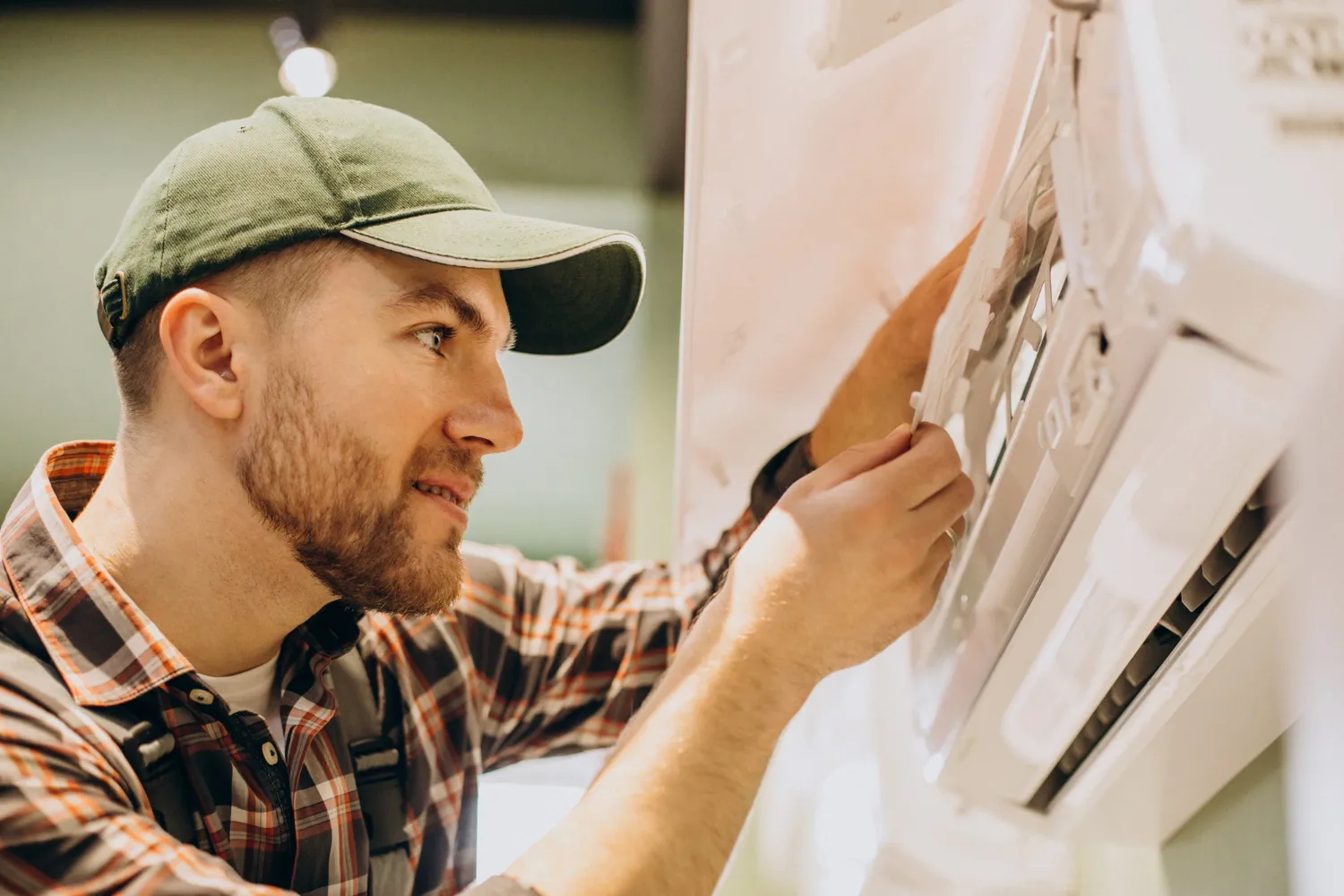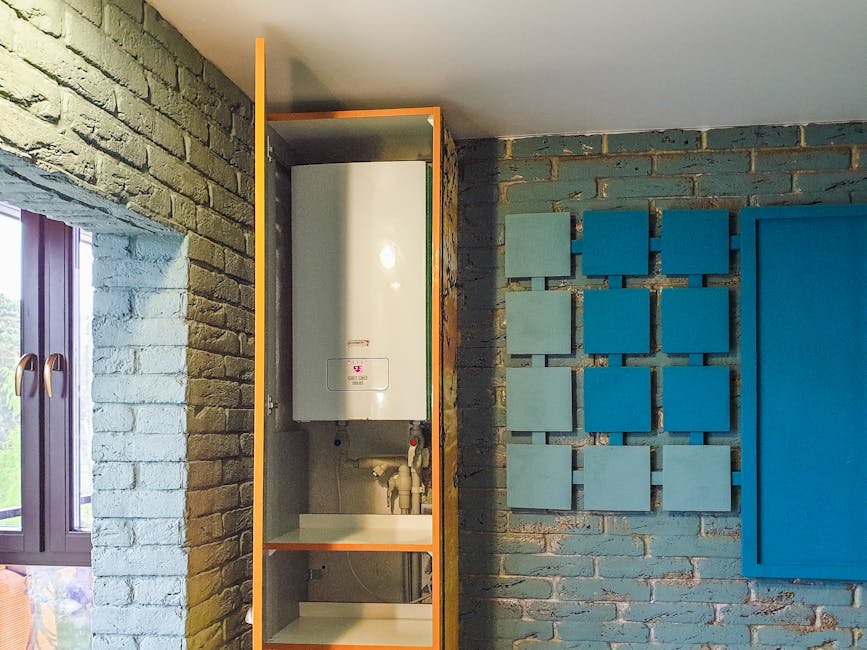Menu
Reduce Energy Costs For This Cold Season
Now that Fall has fully arrived, and winter is quickly approaching, you could find that your home performance priorities have shifted from those of the summer. Whether you've been spending too much on your HVAC system or haven't given it much thought until now, there are a few things you can do to begin reducing your monthly energy expenses.

Now that Fall has fully arrived, and winter is quickly approaching, you could find that your home performance priorities have shifted from those of the summer. Whether you've been spending too much on your HVAC system or haven't given it much thought until now, there are a few things you can do to begin reducing your monthly energy expenses.
First, Begin With an Energy Audit
Usually, many homeowners try to implement as many energy-saving strategies as possible. But this can backfire if done wrong, like with too much insulation or air sealing, which can hurt your home's energy efficiency and the quality of the air inside. However, the reality is that everyone has a unique home efficiency situation. Performing an energy audit will help you pinpoint problem areas in your house. After all, you wouldn't just dive in and start ripping stuff apart if your car wasn't running well. You should get a diagnosis first to see how serious the problem is. For the same result, but in terms of learning where your home is losing energy, an energy audit is invaluable.
Have Your Insulation Evaluated and Replaced
Hot and cold spots can significantly impact your home's energy efficiency and comfort level. However, sufficient insulation can solve the issue. Unfortunately, it's not as simple as shoving insulation into the attic and calling it a day. In Oregon, you need the help of a home performance specialist and the information from an energy audit to figure out how much and where to put insulation. Fiberglass insulation is common, but blown-in insulation is gradually replacing it as the preferred way of adding insulation to a home. Less work is needed to install this insulation, which comes through a hose and is made from recycled paper.
The advantages include, among others:
- Installing fiberglass insulation eliminates the need to rip open walls.
- Inaccessible by most conventional insulating techniques, tight corners will be quickly filled.
- Coated to prevent the spread of fire, mold, and mildew.
- Potential 20% savings on monthly utility costs.
Have Your House Air Sealed
Remember that every time you turn on your air conditioner or heater, it costs you money and energy. Effectiveness entails making do with as little energy as possible. And what is the greatest obstacle to that? Nothing except fresh air from the great outdoors! Sealing air leaks and gaps in your home is called air sealing. In addition to letting in external air, these cracks and crevices can let conditioned air escape. Either way, it will reduce productivity by making HVAC systems work harder than necessary. However, air sealing calls for a delicate equilibrium. When you seal your home appropriately, you reduce the quality of the air inside. The materials needed for do-it-yourself air sealing aren't hard to come by, but we wouldn't advocate doing it yourself; you need the expertise of a pro to get it just right.
If you want to learn more about how to enhance your home's efficiency, you must consult an HVAC professional. Contact Best Owner Direct HVAC today! We happy to take a look at your home and make sure you're saving the most money possible. We'll never recommend something you don't need!




